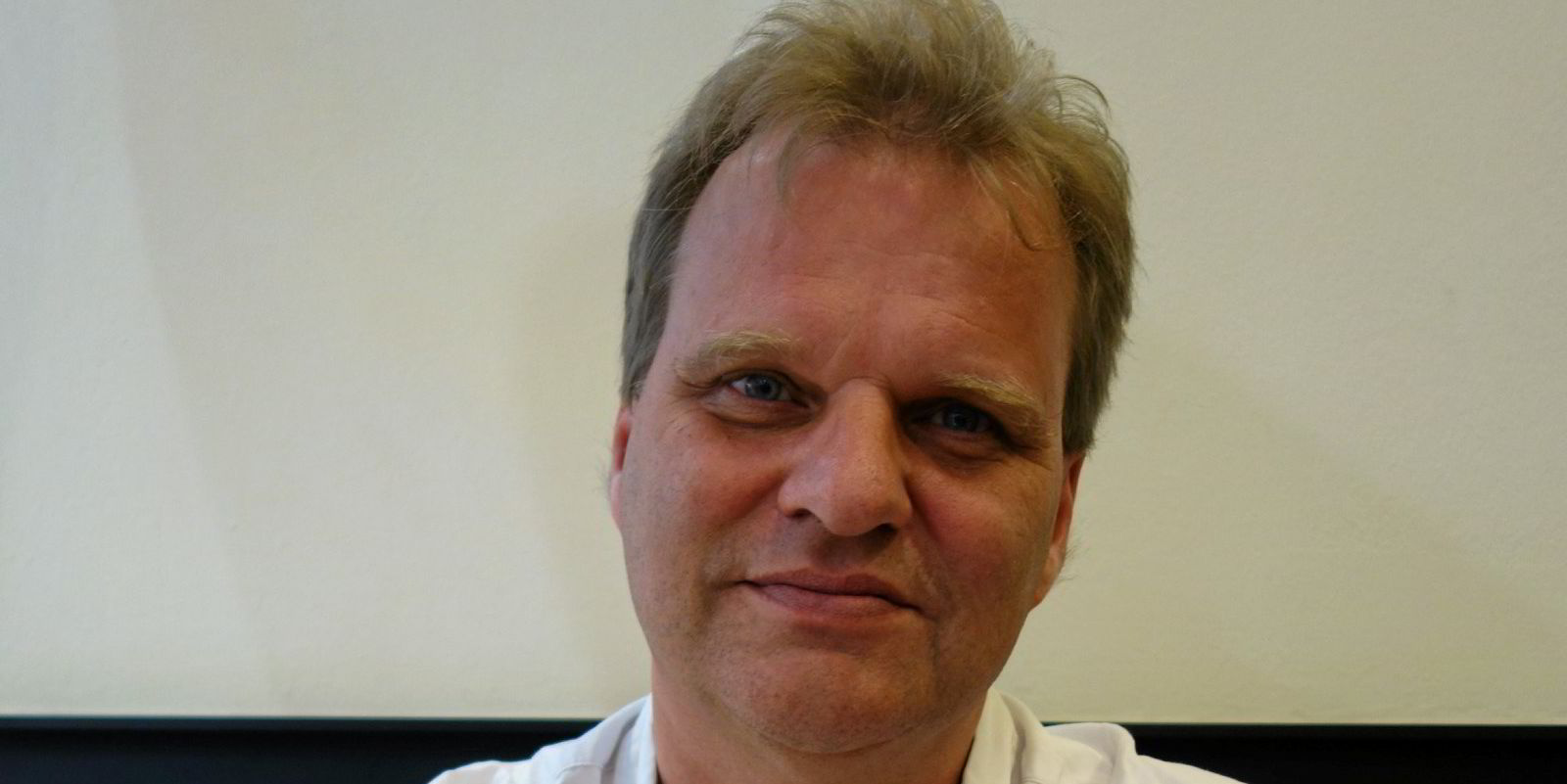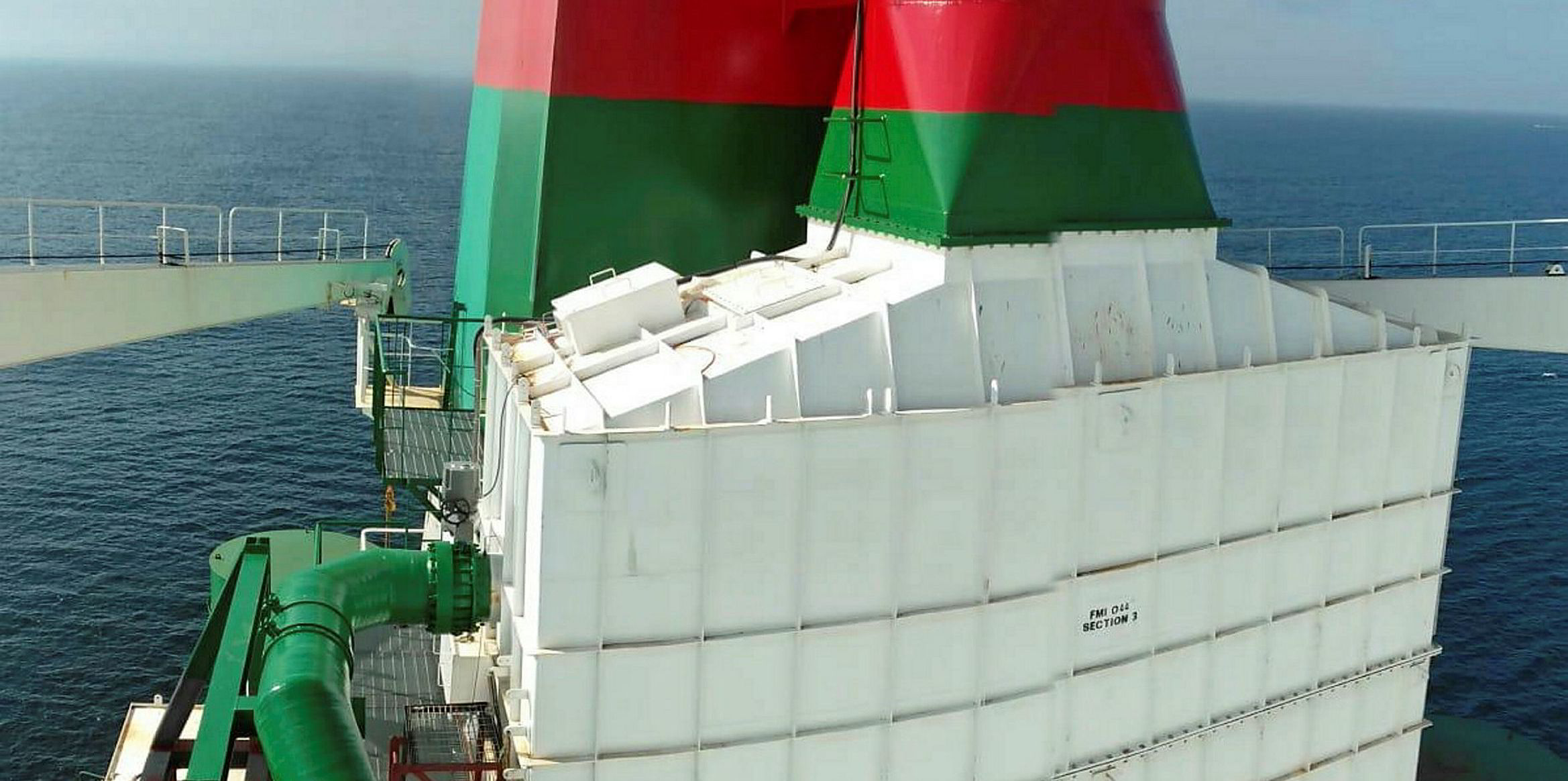Norwegian scrubber-maker Bjornar Feen expects to see his assets in Norway unfrozen after the Oslo district court refused to recognise a Singapore judgment.
The Singapore order to pay SGD 13.2m ($9.5m) for shares in the former Viking Inert Gas (VIG) values those shares at 60 times more than any real loss suffered, according to legal papers filed on Feen’s behalf.
Viking Engineering, Feen’s Singapore-based Swedish fellow shareholders in the defunct venture, had taken their long-running Singapore legal campaign to Norway earlier this year and won a preliminary freeze on his personal assets there, as TradeWinds reported at the time.
Feen’s lawyer Martin Aspaas expects to see that all rolled back now.
“As Viking has built the entire case in Norway on the fact that the court decision from Singapore will be recognised here, the result must also mean that the preliminary arrest should be repealed,” said Aspaas in a prepared statement, calling the court’s ruling “correct and as expected”.
When the Singapore High Court issued its money judgment in November 2020, the battle over the name, shares, and business contracts was already a long-running one.
Feen had founded VIG in 2010 and Viking, controlled by Bo Johansson and Sune Andersson, bought in with a 51% share in 2011. In 2013, Viking sold down to 30%, leaving Feen the controlling shareholder.
By 2017, the company was on the rocks after the loss of a big order and a blacklisting by a prominent shipowner, and the former partners were in court. Viking alleged that Feen did not observe their rights under the 2013 share purchase agreement.
As far back as 2018, Viking won a Singapore court order calling on Feen to buy out its share in VIG, an order Feen did not appeal. An independent consultant valued the shares in the then technically bankrupt VIG based on the value they would have had if Feen had adhered to the share purchase agreement — a finding that Feen did appeal, but without success. The Singapore court’s money judgment followed, was not appealed, and is now effective.
But Johansson and Andersson have found it difficult to turn their courtroom victory into cash after Feen moved his home base and his assets to Norway and transferred control of his Norway and Indonesia-based companies to his son, Nicholas Feen.
Petitions to Norwegian courts to recognise and enforce Singapore judgments must be reviewed individually, as the countries have no treaty on the subject.
In his new order rejecting Viking’s petition to recognise the Singapore judgment, Oslo district court judge Helge Johannessen concentrated not on the merits but on the narrow question of jurisdiction under the dispute resolution clause in the share purchase agreement. He found that the Singapore High Court had not documented its reasoning sufficiently to show that the dispute arose from that agreement.
“[In] Feen’s view there is no evidentiary basis that a Norwegian court will reach the same conclusion if Viking’s claim were to be tried in Norway,” said Feen’s lawyer Aspaas of Oslo’s BAHR firm, who called the Singapore decision “fundamentally wrong”.
Viking did not immediately respond to a request for comment.





